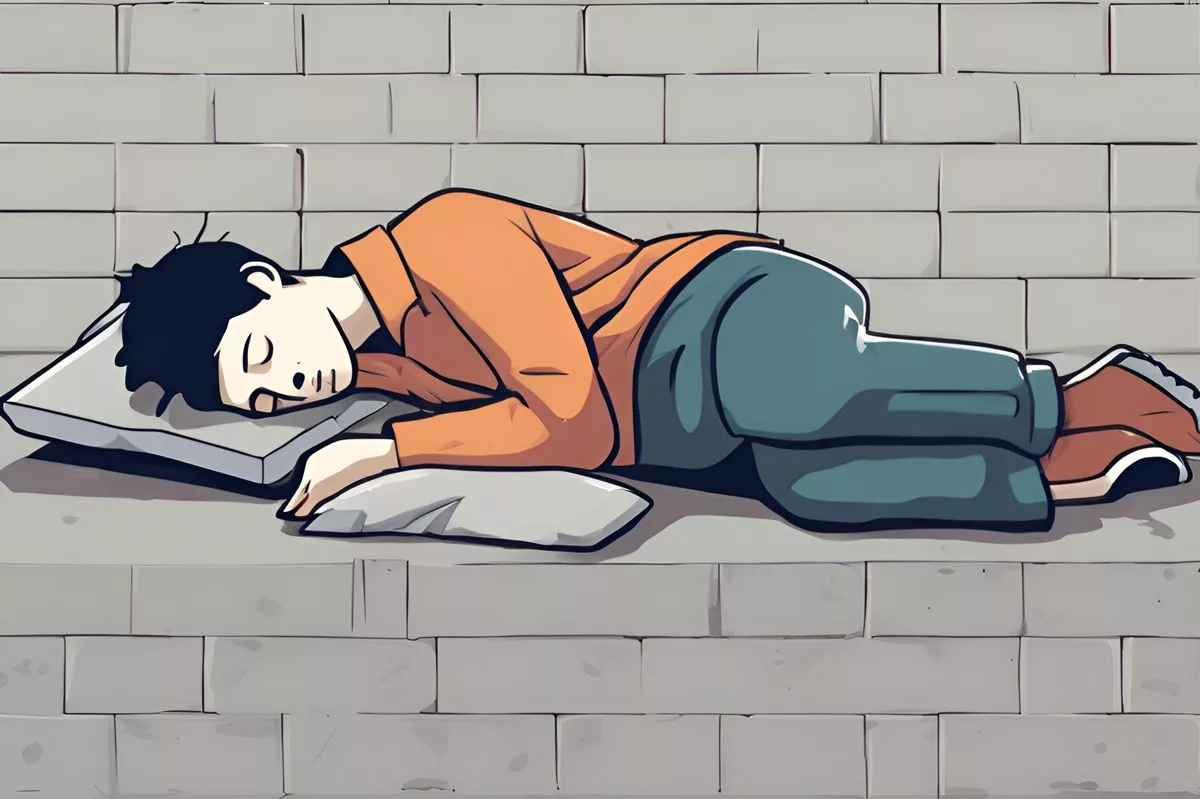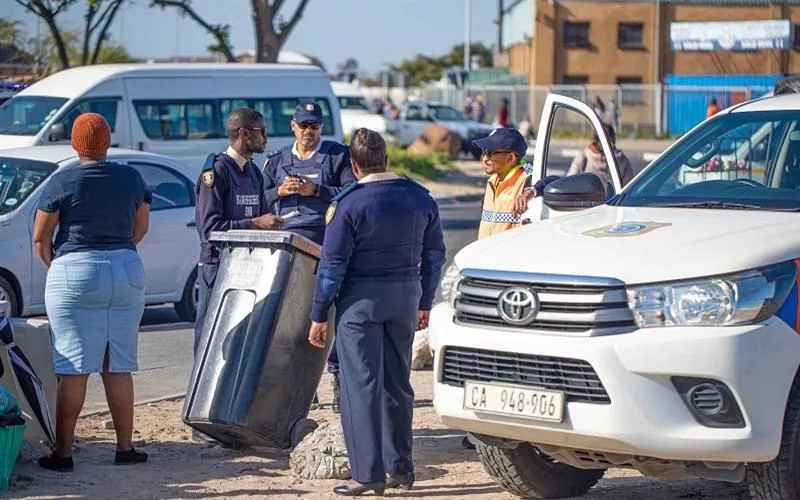A housing crisis has hit Cape Peninsula University, leaving 100 students to live in a multipurpose hall due to a shortage of accommodation. This highlights the broader issue of housing affordability and accessibility at universities, where new policies inadvertently create disparity among students. The situation emphasizes the need for enhanced communication and empathy within universities and comprehensive systemic changes to address student housing issues. Students are struggling to cope with unhygienic conditions, and there is a pressing need for proactive steps to address the crisis.
A housing crisis has struck Cape Peninsula University, with 100 students residing in the multipurpose hall due to a shortage of accommodation. This problem underscores the broader issue of housing affordability and accessibility at universities. The new policy for student accommodation inadvertently creates disparity among students, leaving those without immediate family in the city vulnerable. The situation highlights the need for enhanced communication and empathy within universities and for comprehensive systemic changes to address student housing issues.
A Sudden Onset of Struggles
As the academic year commenced at the Cape Peninsula University of Technology (CPUT) in Cape Town, a housing crisis rapidly surfaced. About 100 students found themselves occupying the sparse multipurpose hall, compelled to reside there due to a shortage of accommodation. This incident highlights the broader problem of housing affordability and accessibility plaguing universities in both urban and non-urban locations.
These students’ tale is starkly juxtaposed against a recent proclamation by Higher Education Minister Blade Nzimande. On 24th January, Nzimande declared an increase in the annual living allowances to R16,500 for university students through the National Student Financial Aid Scheme (NSFAS). Yet, this rise appears insignificant, considering the students’ hardships, as many have lived without essential amenities since 31st January.
New Policies and Unintended Consequences
A newly introduced policy set an accommodation limit for different areas, implying that aid to students in private lodgings would be capped at R50,000 in metro zones, and R41,000 in other locations. However, those who arrange to stay with family or relatives are ineligible for this allowance. Instead, they get a travel grant, up to R7,875 in 2024. Although well-intended, the policy inadvertently cultivates disparity among students, leaving those without immediate family or kin in the city particularly vulnerable.
The situation at CPUT is symptomatic of a broader issue. The Organisation Undoing Tax Abuse (OUTA) issued a warning for a looming ‘student accommodation timebomb’ in late December. On the flip side, NSFAS stated a need for 397,000 beds for NSFAS-funded students in 2024, but as of October 2023, a scant 6.5% of the required beds were accredited. This disparity underscores a misalignment between policy and realism, leaving students like those at CPUT in a bind.
Campus Conflicts and Realities
The fallout from these difficulties is tangibly felt on the ground. Inside CPUT’s multipurpose hall, students are forced to sleep on the harsh concrete floor awaiting their placement in residences. The university administration, however, refuted claims of intimidating or threatening to expel students voicing their grievances. This disconnect between the university management and students, often labeled as ‘troublemakers’, highlights an urgent need for enhanced communication and empathy within the educational institution.
One first-year student, speaking on condition of anonymity, revealed that she had been sleeping on the hall’s floor for a fortnight. Her struggle mirrors the wider issue of NSFAS allowance for private accommodation falling short in cities like Cape Town. This insufficiency impacts students’ lives, forcing them to cope with unhygienic toilets, cold showers, and a lack of secure spaces for their possessions. Moreover, the increasing incidents of cell phone theft raise serious concerns about student safety and security.
Facing the Crisis: University Response and Repercussions
In response to the crisis, the university claimed that it received a staggering 72,145 residence applications for a mere 15,291 available slots. Although this statement emphasizes the demand-supply imbalance in university housing, it fails to acknowledge the urgency of the situation. There is a need for proactive steps beyond just policy modifications. Presently, the university-owned accredited and leased residences are fully occupied, leaving numerous students in a state of limbo.
CPUT spokesperson Lauren Kansley insisted that the university has one of the ‘most progressive student accommodation policies in the country.’ While she concedes that many students failed to meet the academic prerequisites or applied too late for placement, Kansley reiterated the university’s pledge to not abandon students. This assurance, though comforting, draws focus towards the necessity for more comprehensive systemic changes to address student housing issues. The quandary remains, however, on how universities will balance policy and practice or how promises of education accessibility and the harsh reality of students sleeping on concrete floors can be reconciled.
1. What is the housing crisis at Cape Peninsula University?
A housing crisis has hit Cape Peninsula University, leaving around 100 students to live in a multipurpose hall due to a shortage of accommodation.
2. What does the housing crisis highlight in universities?
The housing crisis highlights the broader issue of housing affordability and accessibility at universities, where new policies inadvertently create disparity among students.
3. What new policy has been introduced, and what are its unintended consequences?
A newly introduced policy set an accommodation limit for different areas, implying that aid to students in private lodgings would be capped, leaving those without immediate family or kin in the city particularly vulnerable.
4. What are the repercussions of the crisis on students’ lives?
Students are struggling to cope with unhygienic conditions, and there is a pressing need for proactive steps to address the crisis. Students are forced to sleep on the harsh concrete floor awaiting their placement in residences, cope with unhygienic toilets, cold showers, and a lack of secure spaces for their possessions.
5. What is the university response to the crisis, and what are the concerns associated with it?
The university has claimed that it received a staggering 72,145 residence applications for a mere 15,291 available slots. Although the statement emphasizes the demand-supply imbalance in university housing, it fails to acknowledge the urgency of the situation. The university-owned accredited and leased residences are fully occupied, leaving numerous students in a state of limbo.
6. What is the need for addressing student housing issues?
The situation emphasizes the need for enhanced communication and empathy within universities and comprehensive systemic changes to address student housing issues. The crisis highlights the misalignment between policy and realism, leaving students like those at CPUT in a bind. There is a need for proactive steps beyond just policy modifications.












